In an era defined by climate crisis, energy insecurity, and the race to net-zero, India is scripting one of the most remarkable clean energy transitions in the world. With over 220.10 GW of renewable capacity already installed and solar alone contributing 105.65 GW, India is not just meeting global expectations, it’s exceeding them. Now, the country is charging ahead toward the next milestone: 500 GW of non-fossil fuel capacity by 2030, a target central to both its climate commitments and its economic growth trajectory.
In 2024, India became the third-largest generator of wind and solar power, overtaking Germany, according to Ember’s Global Electricity Review 2025. Solar and wind together contributed 10% of India’s electricity mix. Hydropower added another 8%, bringing the total share of clean energy to 22%. While coal continues to dominate the energy mix, India’s increasing focus on renewables signals a decisive long-term shift.
The government’s vision of a ‘Viksit Bharat’ by 2047 necessitates a ‘just’ transition–one that ensures reasonable pricing and availability of energy for mass consumption. This transition must be executed without compromising on supply security, a critical factor given India’s rising energy demand.
Solar energy at the forefront
Among renewables, solar power has emerged as the primary growth driver. In 2024, India added 24 GW of solar capacity, more than double the previous year.
Globally, solar was the fastest-growing source of power for the 20th consecutive year and the largest source of new electricity for the third year in a row. India’s contribution to this trend has been notable, particularly through utility-scale solar parks, rooftop installations, and agricultural solar pump schemes.
The Production-Linked Incentive (PLI) scheme for solar PV manufacturing and policies encouraging rooftop and distributed solar deployment have further expanded India’s solar base. However, storage and grid enhancements will be essential to ensure reliability and round-the-clock supply.
Renewable energy expansion and grid readiness
With a rapidly growing economy and population, India’s need for energy is escalating steadily. By 2040, energy use is projected to double, driven by population growth, industrialization, and urbanization. At the same time, India is grappling with some of the worst air pollution globally, and climate-related disruptions. Clean energy, therefore, is not just an option; it is an imperative.
As India adds more intermittent renewables like solar and wind to its energy mix, modernising the electricity grid becomes a priority. Grid expansion, integration of battery storage systems, and digital monitoring tools are critical to accommodate fluctuations in generation and demand.
Upgrades to the inter-state transmission system, development of green energy corridors, and investments in smart grid technologies are ongoing. Yet, transmission delays and bottlenecks remain a challenge, especially for large-scale renewable projects located far from consumption centers.
A coordinated push to synchronize generation capacity with grid infrastructure will be important to ensure that renewable energy reaches consumers efficiently and reliably.
Focus on emerging technologies: Hydrogen and storage
Beyond conventional renewables, India is placing increased emphasis on green hydrogen and energy storage systems. The National Green Hydrogen Mission, with a target of producing 5 million metric tonnes per year by 2030, aims to decarbonize sectors like refining, steel, and fertilizers while reducing import dependence on fossil fuels. Similarly, the integration of battery storage and hybrid energy systems is being encouraged to improve grid reliability and manage the intermittency of renewable sources.
The path forward
Reaching the target of 500 GW of non-fossil fuel capacity by 2030 will require a significant scale-up of efforts. This goes beyond increasing the number of renewable energy projects, it calls for building an ecosystem that fosters innovation, enhances energy efficiency, and ensures seamless integration of clean power into the national grid.
The decisions made today regarding technology adoption, infrastructure development, and regulatory frameworks will shape India’s energy future for decades. By investing in advanced solutions and strengthening systems across the value chain, India has the opportunity to emerge as a global leader in sustainable development.
While the journey presents challenges, the combination of innovation, investment, and effective implementation can turn this ambition into reality. In doing so, India is not only transforming its energy sector but also laying the groundwork for a cleaner, more resilient, and inclusive economy—supporting the vision of a truly Viksit Bharat.
The views and opinions expressed in this article are the author’s own, and do not necessarily reflect those held by pv magazine.
This content is protected by copyright and may not be reused. If you want to cooperate with us and would like to reuse some of our content, please contact: editors@pv-magazine.com.
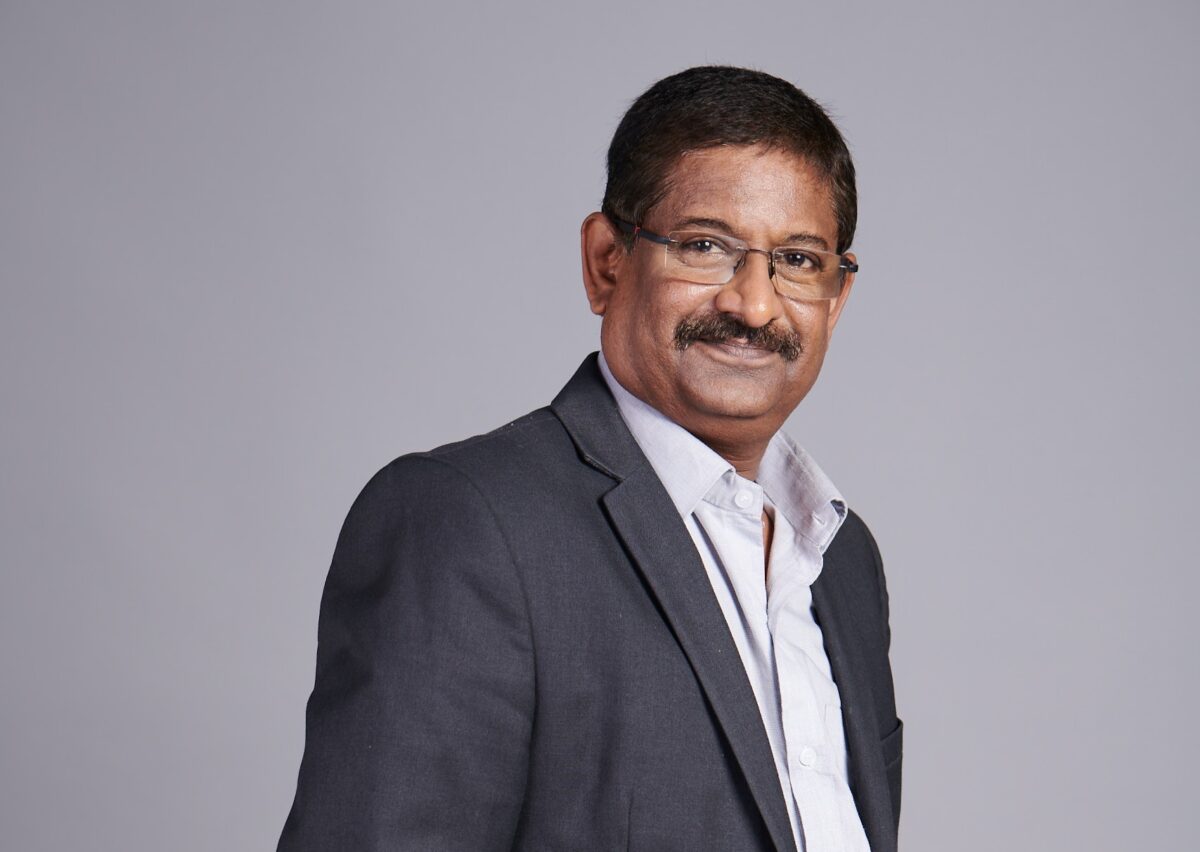
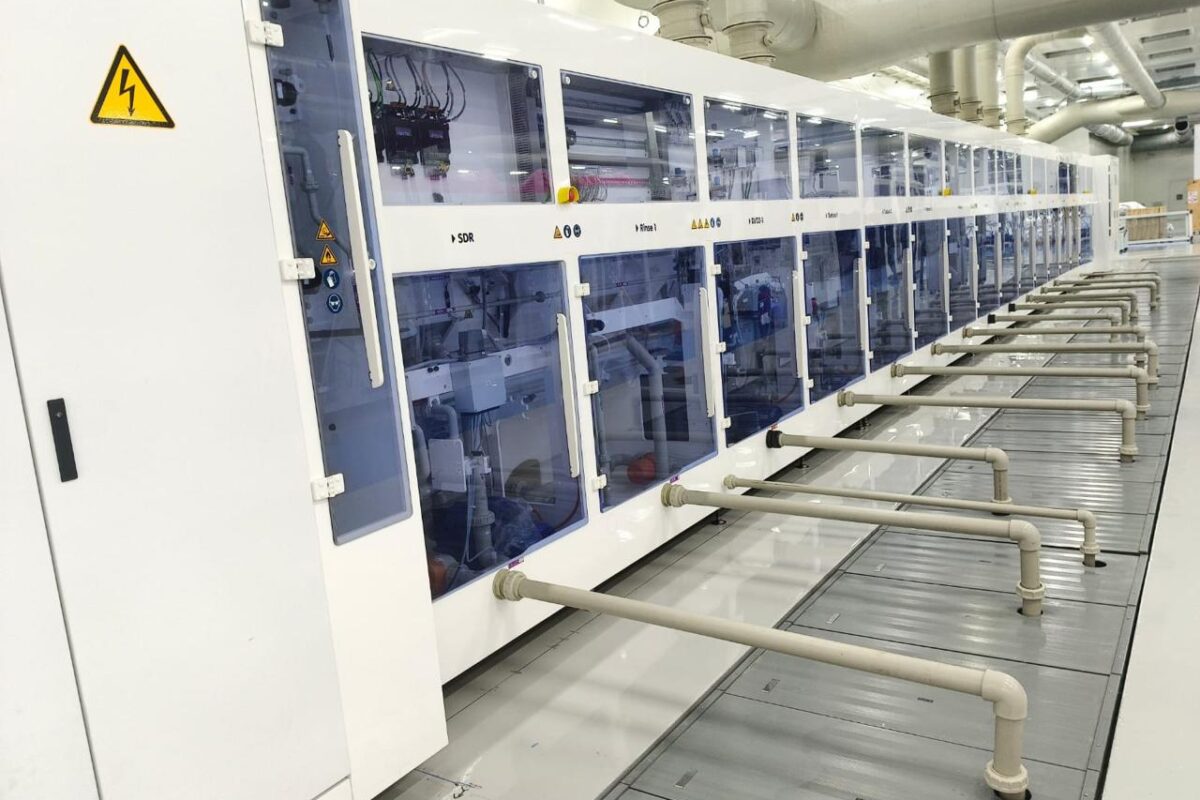

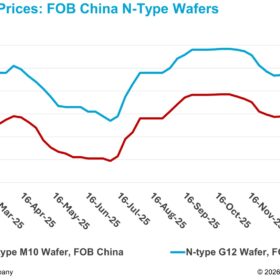
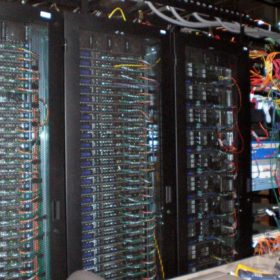
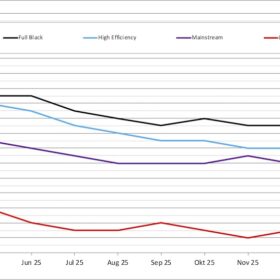
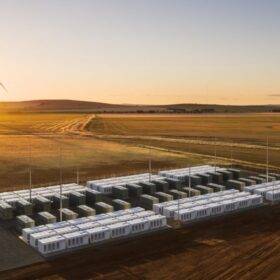
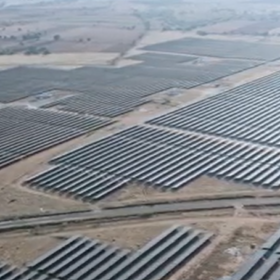
Dear Associate,
Greetings from Inovine Meetings!!
We are happy to Mutual collaborate with you as a supporting journal and media partner for our conference.
We will add you as a media partner. Please find the website link for the registration details of an exhibitor/sponsor at our meeting. As a sponsor, we will display on conference hall screens.
We invite you to take advantage of this unique opportunity to reach decision-makers in the corporate and scientific community by becoming Supporting Journal Partners for mutual promotional benefits in websites.
We wish to share with your Company/ Organization the excitement and ideas for creation and exchange of knowledge and information in the scientific field through our conferences and other means. You will find it interesting that through partnering with us you can reach world class university academicians, eminent scientists from research institutions, and experts from Recycling and waste Management background.
We request you to share your Organization logo and link to place it in our conference website.
“We all do better when we work together”
We look forward to a fruitful working relationship.
Visit our Website: https://recyclingconference.org/
Best Regards
Daniel Aviv | Program Manager
3rd World Congress on Recycling & Waste Management
E-mail: recycling@inovineconference.com
Phone: +1-408-648-2233
whatsapp: +1 (437) 887-9176